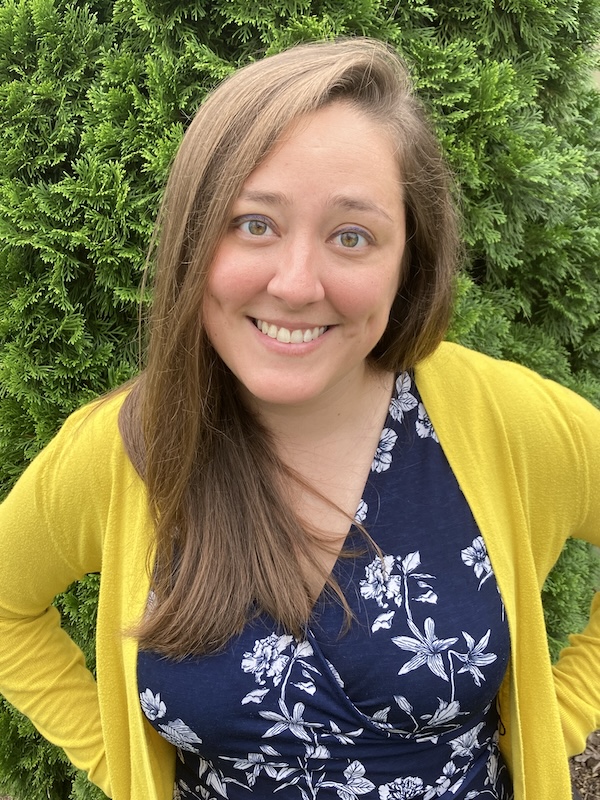Belmont alumna Michelle Morris merges spirituality and counseling to aid recovery at Cumberland Heights
For Belmont mental health counseling alumna Michelle Morris (‘18), her career journey has been nothing short of a calling.
As the spiritual care director at Cumberland Heights, a rehabilitation facility specializing in addiction and co-occurring mental disorders, Morris stands at the intersection of spirituality and emotional healing, guiding others with compassion and hard-earned wisdom.
From Divinity to Counseling
Initially called to ministry, Morris attained a Master of Divinity from Vanderbilt. However, real-world experiences in chaplaincy across hospitals, psychiatric settings and jails steered her toward mental health counseling. These roles exposed her to acute human suffering and the critical need for compassionate, skilled intervention.
"I wanted to be part of a solution in addition to being a witness," Morris said. 
Her own transformative experiences with therapy solidified her decision to pursue a second master's degree, focusing squarely on mental health counseling.
While studying at Belmont, Morris found herself part of a small, dedicated cohort of nine students, benefiting from the personalized attention and guidance of program director Janet Hicks. Morris credits the camaraderie and support system within her small cohort as instrumental in helping her persevere through the challenging times that inevitably arise during graduate studies. The tight-knit nature of the program fostered an environment where Morris could lean on her peers and mentors, enabling her to successfully navigate the rigors of her coursework.
Expanding the Legacy of Spiritual Care
Since stepping into her role at Cumberland Heights, Morris has focused on enriching the spiritual care at the center. She developed a grief counseling model that addresses the intricate overlap between trauma and grief, which has become a cornerstone of training for new staff. Her commitment to advancing the field extends beyond her workplace, as she mentors counseling interns and presents at professional conferences.
At the core of Morris's approach is the power of presence and personalization. "Every patient is unique,” she explained. “I tell them I may have some good ideas based on what's worked for other people, but we'll have to try it out and figure out what works for them."
Her role as a counselor is not to have all the answers but to explore individualized paths forward with each client, leveraging their unique stories and strengths. This personalized approach echoes the philosophy of whole-person care that is a hallmark of Belmont's mental health counseling program.
This comprehensive perspective, imparted through Morris's education, now manifests itself in her work as she guides clients along individualized paths of healing that account for their emotional, psychological, physical and spiritual wellbeing.
Advice for Aspiring Counselors
As Morris reflects on her educational and professional journey, several pieces of wisdom emerge for those aspiring to enter the counseling field. Morris emphasizes the importance of engaging in personal therapy — an experience that allows budding counselors to better understand themselves and manage inherent biases. "We all have them," Morris said, "and being able to recognize and work through them is crucial for anyone — especially those looking to get into this field."
Perhaps most importantly, Michelle cautions against falling into the trap of developing a savior complex. "We can't fix anyone's problems for them. We cannot save anyone," she said. Rather, the role is one of supportive exploration — presenting a consistent space of empathic acceptance as clients discover their own paths of healing. "All we can do is try to be helpful and present," she said. “Doing that is enough, I promise."

